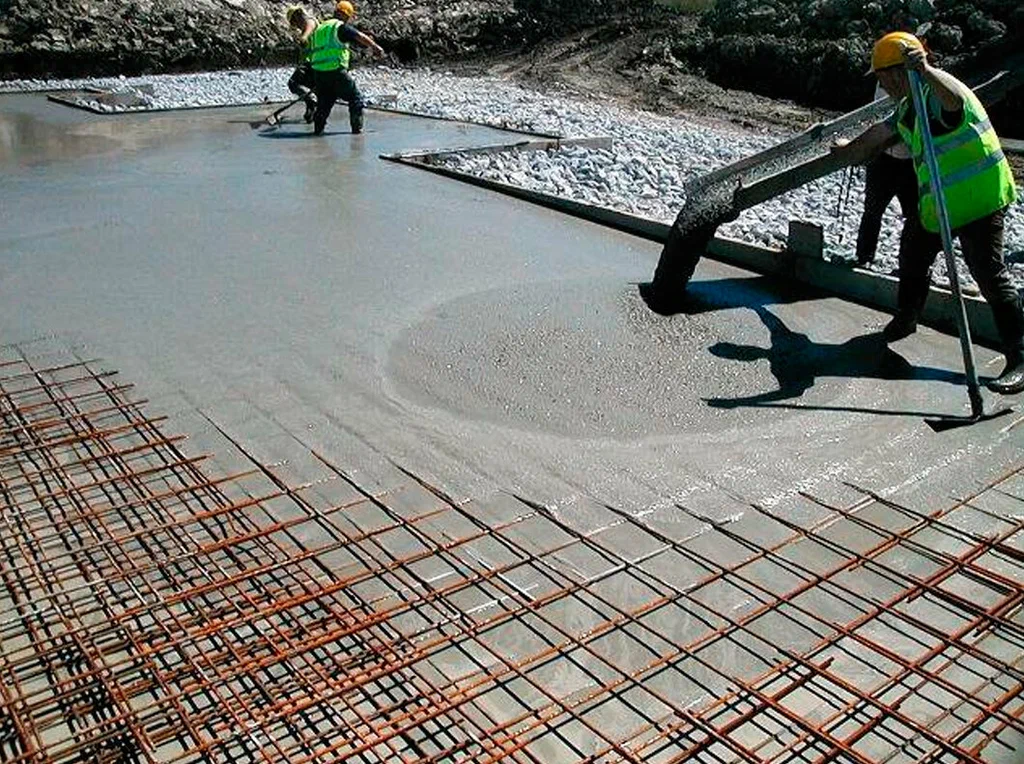Why Is It Important to Seal Concrete Surfaces in Brisbane, and What Are the Benefits?
Concrete is a strong and versatile surface material applied in driveways, patios, walkways, and business locations all over Brisbane. Still, extreme weather conditions, heavy usage, and regular wear can weaken concrete surfaces eventually. Sealing is one of the best methods to guard and protect concrete from these factors.
Sealing concrete surfaces serves to increase their life, improve their look, and strengthen them against the environment and structural harm.
Why Sealing Concrete in Brisbane Is Necessary
1. Protection Against Harsh Weather Conditions
Brisbane's weather is marked by high humidity, heavy rainfall, and intense sunlight. All these factors can accelerate the degradation of concrete. Without sealing, water can penetrate the concrete, causing cracks, erosion, and even mould formation. Sealing provides a barrier that blocks water penetration and minimizes damage due to extreme weather conditions.
2. Stain and Surface Protection
Unsealed concrete is porous, meaning it easily absorbs liquids such as oil, grease, and chemicals. This can lead to stubborn stains that are difficult to remove. Whether it’s a driveway, patio, or garage floor, sealing helps prevent stains by making the surface resistant to spills and easier to clean.
3. Reducing the Risk of Cracks and Wear
Brisbane has regular rain, which can cause unsealed concrete surfaces to become slippery and dangerous. There are certain sealers that enhance traction, so the surface is safer, particularly for external spaces such as pool surrounds and walkways.
Major Advantages of Concrete Sealing
1. Extends the Concrete Lifespan
Sealed concrete will last much longer than unsealed surfaces. Sealing prevents moisture, stains, and physical damage, which ultimately means less repair and replacement work down the line and saving money in the long term.
2. Improves the Look of Concrete
Sealing concrete can enhance the appearance of surfaces by deepening their natural color and texture. Others add a gloss or matte sheen, which makes driveways, patios, and sidewalks look freshly washed and newly laid. Sealing also keeps the original color of decorative concrete.
3. Reduced Maintenance and Cleaning
A sealed concrete surface is easier to clean and maintain. Because it repels dirt, dust, and liquids, regular maintenance involves just sweeping and periodic washing with mild soap and water. This eliminates the necessity for frequent deep cleaning or resurfacing.
4. Increases Resistance to Mould and Mildew
Brisbane's warm, humid environment allows mould and mildew to thrive, particularly on the outdoors of concrete. Sealing stops moisture from penetrating excessively, preventing the development of mould and algae on patios, driveways, and walkways.
5. Enhances Structural Strength
Concrete is strong by nature, but over time it will be eroded, crack, and wear away on the surface. Sealing preserves its integrity by ensuring that it does not get damaged due to water intrusion, freeze-thaw action (for colder climates), and chemical attack.
When Should You Seal Concrete Surfaces?
For fresh concrete, it is advisable to seal it after the concrete has cured completely, which is usually within 28 days. Old concrete surfaces need to be resealed every 2 to 5 years, depending on the sealant type and the extent of wear and exposure. Inspection can be used to determine when resealing is required.
Final Thoughts
Sealing concrete surfaces in Brisbane is a critical process in maintaining their durability, looks, and performance. Ranging from defense against weather damage and staining to prolonged material lifespan, sealing provides many advantages that justify its investment. Whether for residential or commercial use, maintaining sealed concrete ensures long-term protection and enhances the value of any property. If your concrete surfaces are looking worn or stained, it might be time to consider sealing to keep them in top condition for years to come.


Comments
Post a Comment